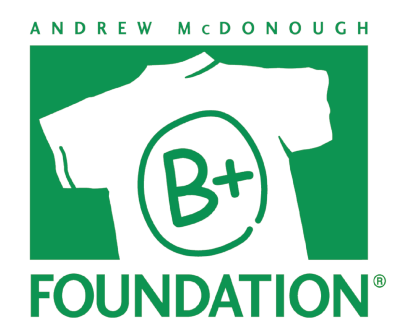Optimizing Pediatric Cancer Immunotherapy with Nano-Targeted Off-the-Shelf Natural Killer T Cells
Dr. Asha Pillai – University of Miami, Miami, FL
Immunotherapy is rapidly becoming a mainstay of cancer therapy. Limitations to pediatric chimeric antigen receptor T cell (CAR-T cell) immunotherapies include: 1) difficulty expanding cells from patients whose immune systems are impaired by cancer and prior therapies; 2) difficulty applying cells from healthy donors (allogeneic cells) due to adverse allogeneic immune reactions; 3) difficulty transporting therapies between centers due to the fiscal and technical challenges in locally expanding CAR-T cells; 4) poor ability to target key pediatric cancers including many solid tumors; and 5) difficulty re-treating patients after relapse or progression due to acquired antigen loss upon disease progression; To overcome these barriers, we propose immunotherapy with invariant natural killer T (iNKT) cells, with which members of my research group has unique and extensive experience.
I first demonstrated that iNKT cells, a group of innate killer cells, represent a paradigm shift in regulating immune processes because of their ability to function across immune barriers. This work is now widely accepted in transplantation and immunotherapy. Many others have recapitulated our murine data and others have extended it to multivariate analyses in large patient cohorts. Pragmatically, lack of HLA restriction allows development of “off-the-shelf” products from healthy donors at a central facility to be transported, stored, and administered elsewhere. Moreover, the molecules that activate iNKT cells rarely change at relapse; thus, with modifiable targeting constructs, iNKT cells from the same source can be re-applied to treat relapsed cancers, minimizing patient morbidity and cost.
The proposed studies build on over 15 years’ nationally recognized innovation and developed expertise expanding and manipulating human iNKT cells [10-12], as well as novel data we have recently developed supporting specific targeting of expanded allogeneic (“off-the-shelf”) human iNKT cells to CD19- and disialoganglioside GD2-expressing high-risk pediatric malignancies. These studies will evaluate a novel targeting regimen which we have developed that allows therapeutically expanded iNKT cells (and potentially other immunotherapeutic cells including gamma-delta T cells, natural killer cells, and conventional T cells) to be retargeted to new tumor antigens. If successful, this work will establish another paradigm shift in immunotherapy that has great import for patients and our potential to provide cures when cancers relapse after immunotherapy (an area with no major curative options). Our results are also likely to open critical new avenues for treatment of aggressive pediatric solid tumors including lymphomas and a variety of sarcomas.

